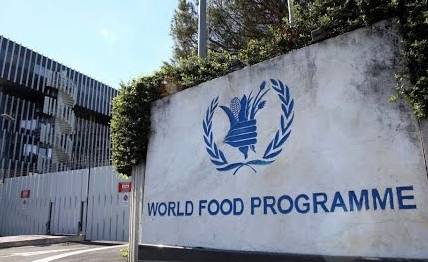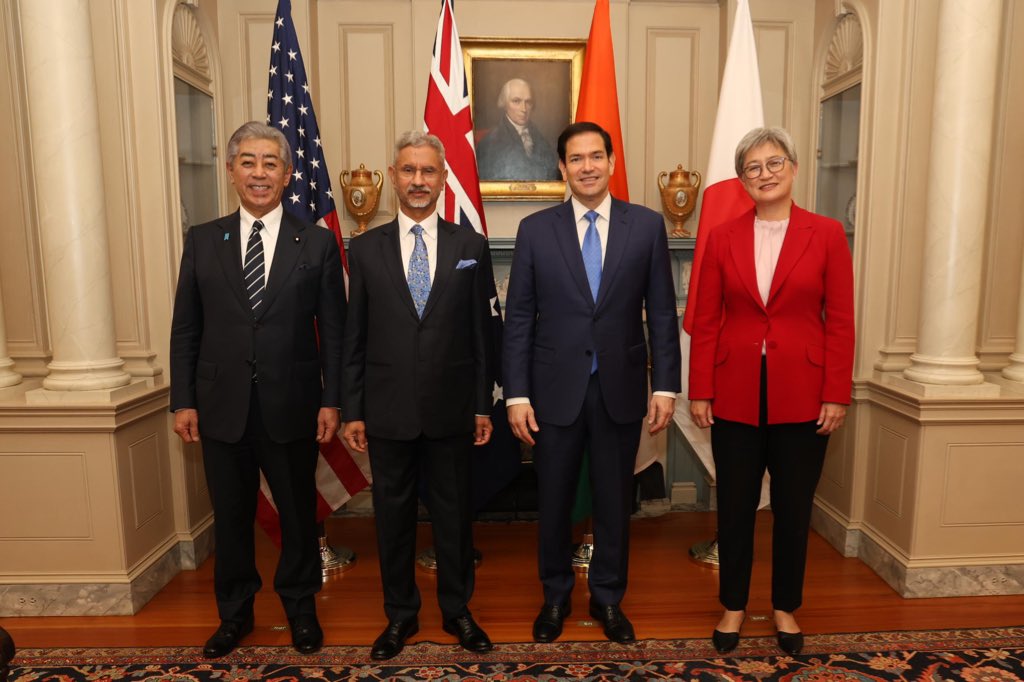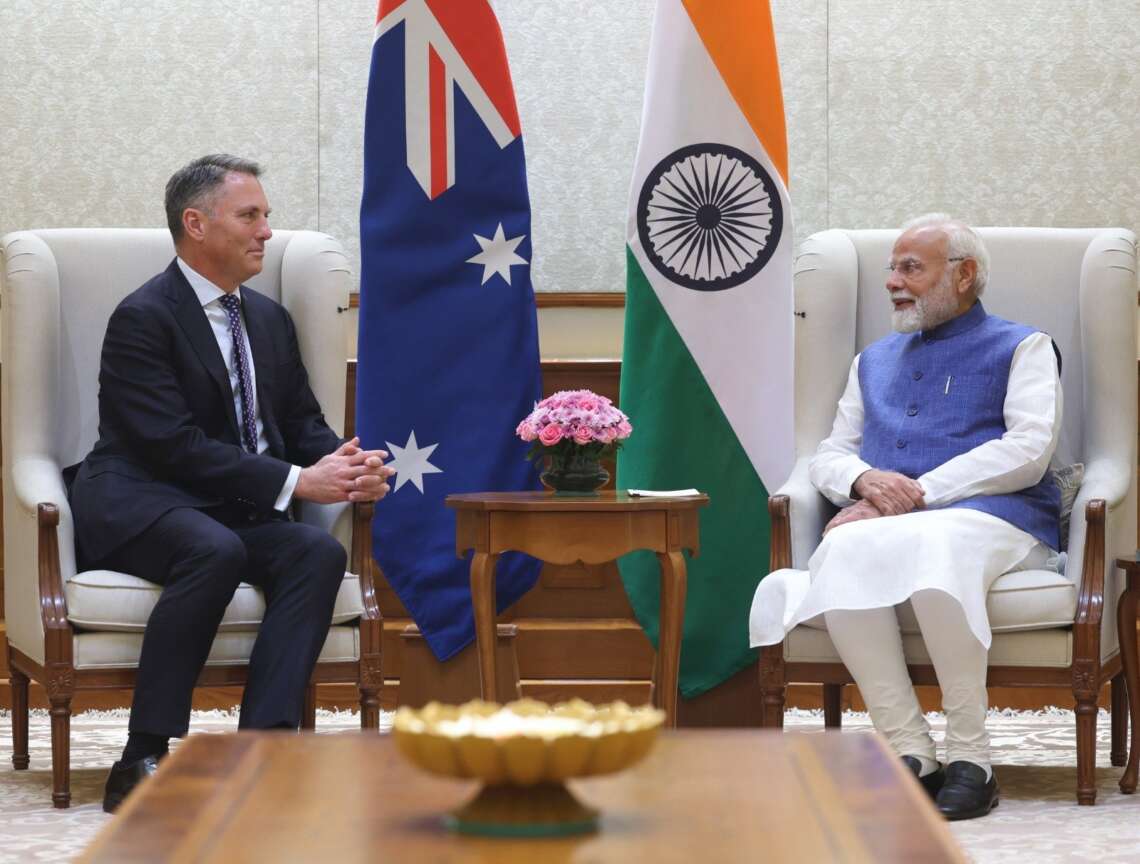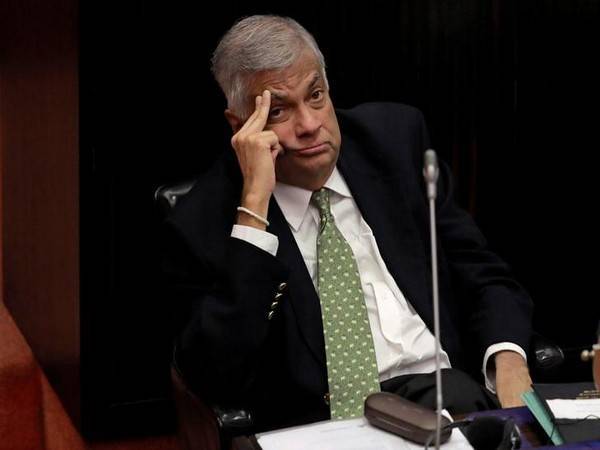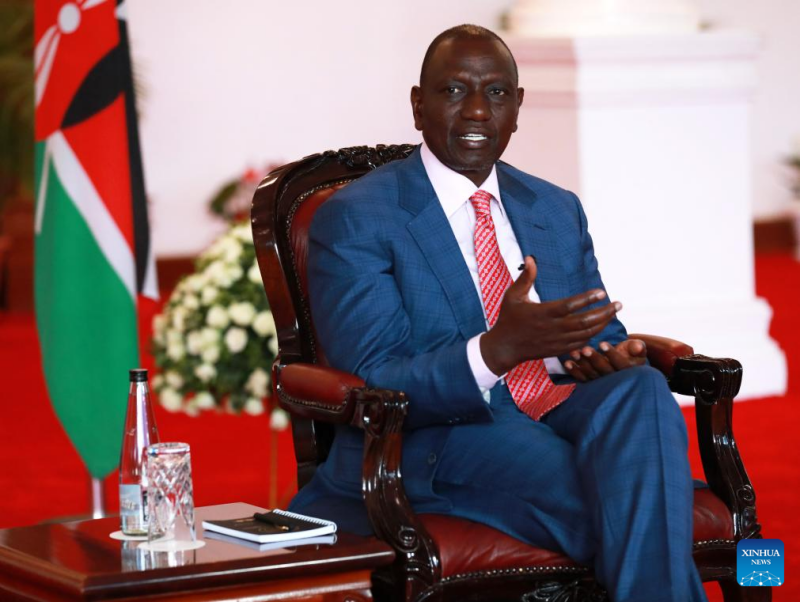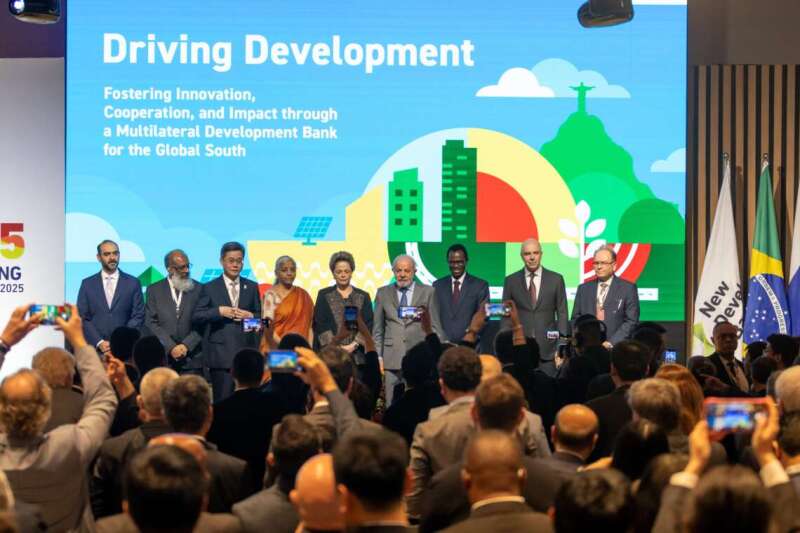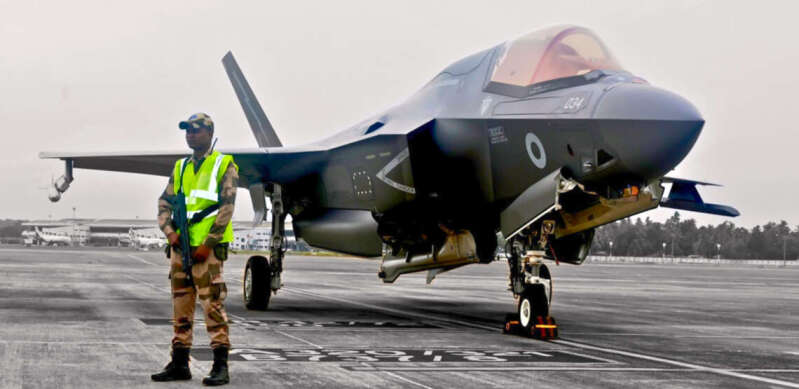The Australian funding will help WFP provide critical assistance to the most at-risk Sri Lankans, including pregnant and breastfeeding women and school children….reports Asian Lite News
A week after the United Nations World Food Programme (WFP) launched a $60 million emergency food and nutrition assistance for three million of the most at-risk Sri Lankan nationals, Australia came forward with 22 million Australian dollar aid (equivalent to $15 million) on Wednesday.
The Australian funding will help WFP provide critical assistance to the most at-risk Sri Lankans, including pregnant and breastfeeding women and school children.
“To boost existing social safety net programmes, WFP is working to assist one million children through the national school meal programme, while one million people are participating in the Thriposha programme, which provides fortified food to mothers and children,” WFP said in a statement.
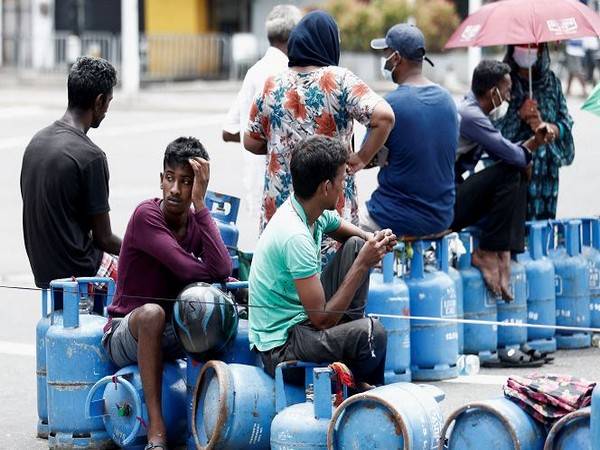
The WFP had on June 16 launched its $60 million emergency food and nutrition assistance for three million of the most at-risk Sri Lankans who are facing food insecurity in the face of a record high food inflation, skyrocketing fuel prices and widespread shortage of key commodities.
Monthly food vouchers are being distributed to pregnant women from some of the poorest neighbourhoods, delivered alongside antenatal care provided by the local government in Sri Lanka.
Welcoming the aid by Australia, WFP said, “At a time when millions of people are struggling to meet their most basic food needs, and while families’ coping capacities are being stretched to the limit, we can avert a worsening humanitarian crisis by stepping up our response now.”
John Aylieff, WFP Regional Director for Asia and the Pacific, said that nearly five million people — or 22 per cent of the Sri Lankan population — are food insecure and in need of assistance.
Nutritious foods, such as vegetables, fruits and protein-rich products, are now out of the reach of many low-income families.
WFP’s recent surveys indicated that 86 per cent of the families are resorting to at least one coping mechanism, including eating less, eating less nutritious food and even skipping meals altogether.


